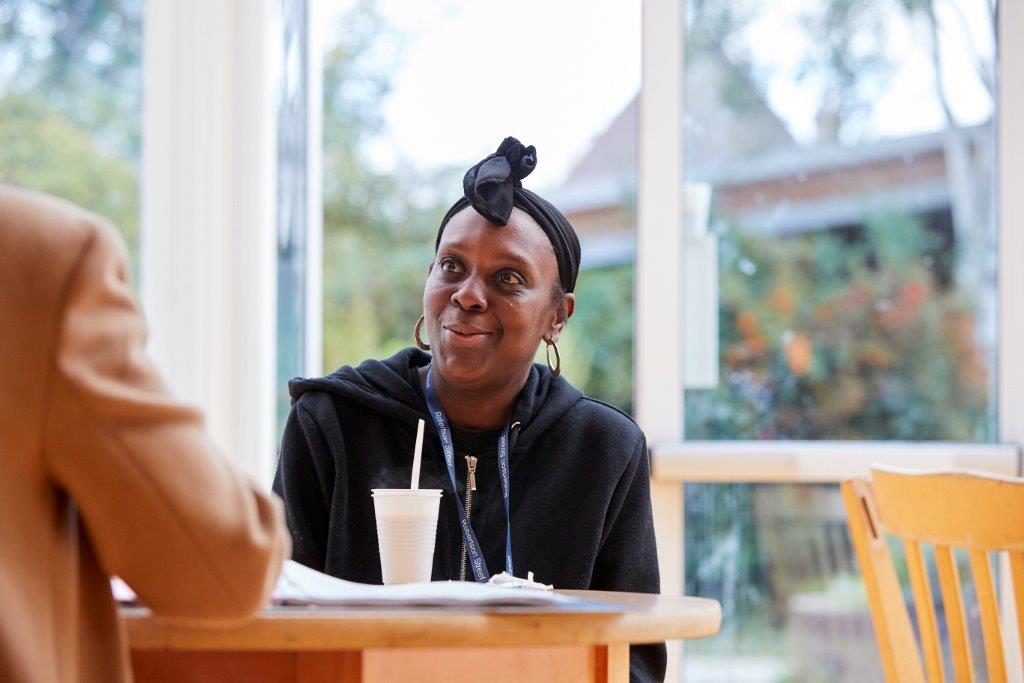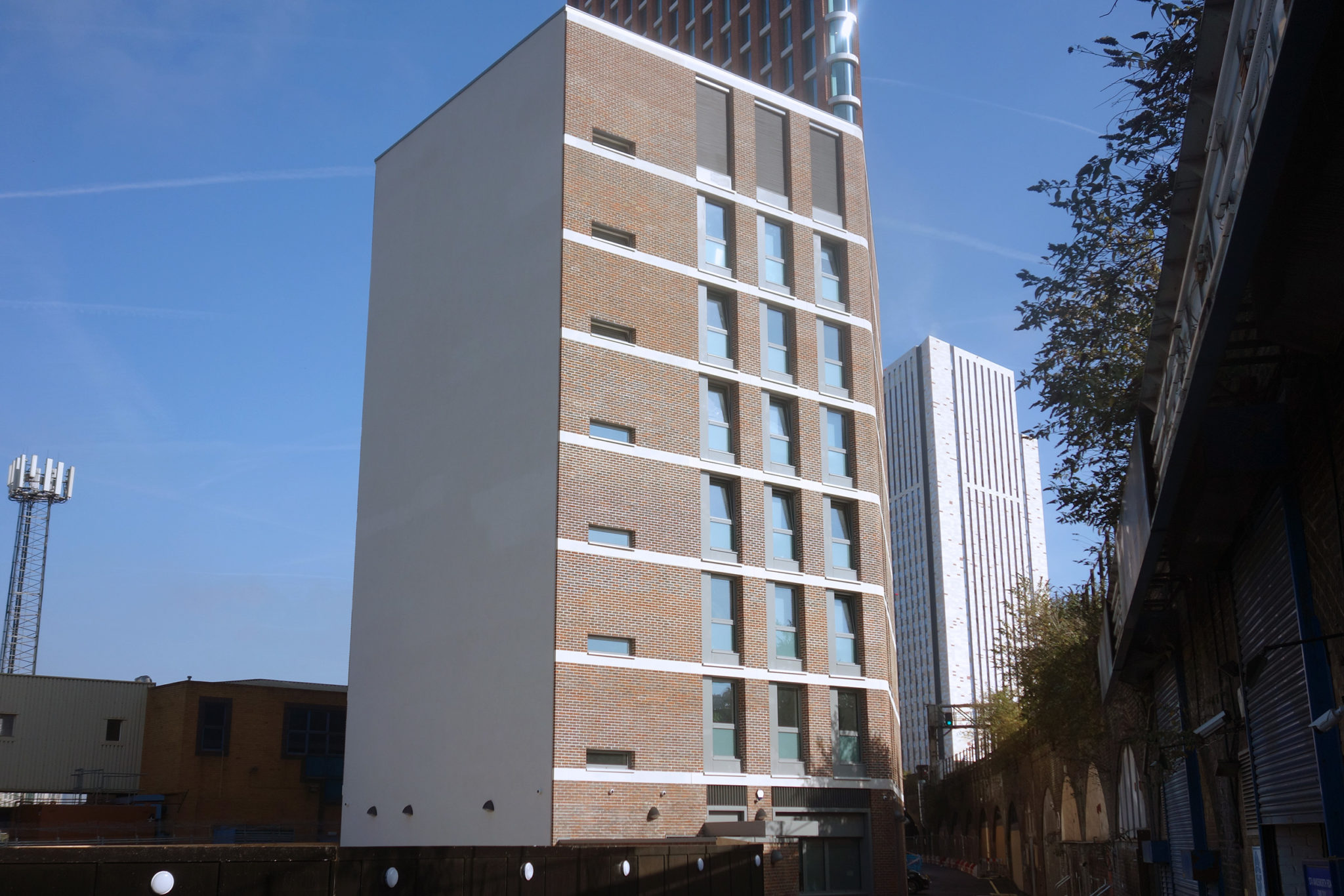How do our residential services support those with mental health needs in lockdown?
We spoke to Amy Dawe, Lead Manager of Thames Reach’s Bermondsey Project, supporting people with mental health needs. She explains how communication between staff and residents is key in understanding the pandemic

“I’m the Lead Manager of the Bermondsey Project, which is three residential buildings in the area, each with ten self-contained or studio flats. Our project is mixed gender, but the majority of our residents are men. All residents have been referred to us from the mental health team and residents’ support needs fluctuate and the nature of mental health is that support needs are not always straightforward; someone can go from being stable to unstable fairly quickly. So within the project we deliver housing management and provide key work support – everyone is on a support plan tailored to their individual needs. We are always monitoring any safeguarding concerns and work closely with partner organisations; usually we have lots of different people coming in, like occupational therapists, social workers, carers, mental health professionals.
“Service users moving on to the next step is at the forefront of everyone’s plan throughout their time with us. This is generally two years but this is assessed on an individual basis. The client group we work with are often not suited to the private rental sector, so we need to make sure they’re supported in the right way.
“Changes during lockdown have been mostly around informing and advising residents about the situation, as some don’t follow the news and some don’t understand the situation. For instance we’ve had to make sure they’re aware that the shops they visit all the time are laid out differently and not always open the way they usually are. Communicating change is something we need to do regularly as well as reminders about personal hygiene. It is particularly important that we make sure those with additional health needs know to shield themselves. We’ve distributed leaflets and letters as well as speaking with them face-to-face while observing social distancing around the projects. Some residents need to be reminded about the new rules but we are around to make sure that no one gets left behind. The general feedback from residents is that the regular contact makes them feel cared for; we get in touch with them to make sure that they don’t have symptoms and have their essentials fully stocked. With fewer members of staff we’re running a skeleton staff at the moment who have really pulled together. Rob, who runs the MIMO course in the Employment and Skills team, has been redeployed here and he’s been amazing. He’s been decorating and deep-cleaning our rooms and communal areas, we’re so grateful for his work. As for staff, the team have felt valued by Thames Reach; our PPE deliveries have come very quickly, and when we did run low our stocks were replenished the next day with no issues. It’s been clear that our health and safety is really important.
“Some real positives have come from the current situation, in that we’ve seen the sheer dedication of our staff. We’ve been low in number but no one has complained and people have taken on new roles and responsibilities to fill the gaps and make sure the service we provide is still of the same high standard. I’m really proud of the team and how they’ve adapted, they’re a real credit to us and Thames Reach.”
– Amy Dawe, Lead Manager, Bermondsey Project


